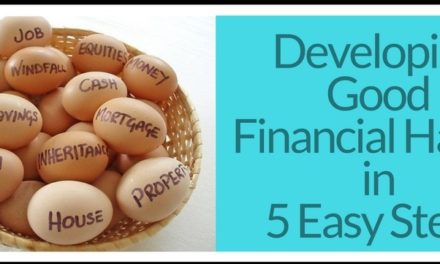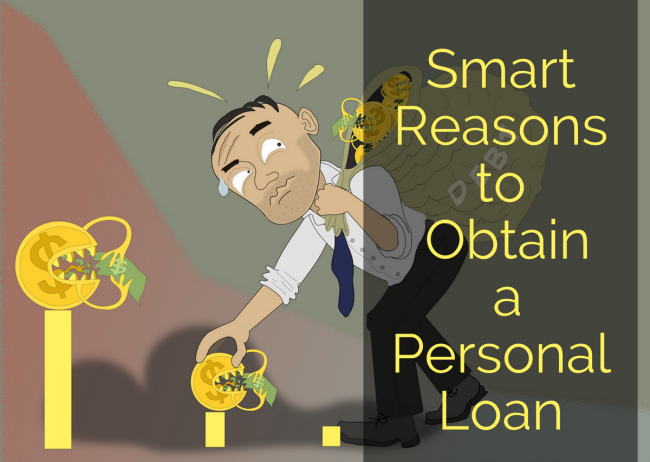Financial security in your 20s isn’t about achieving perfection, it’s about building a system of smart money moves that holds when life gets unpredictable. If you’ve ever felt like money advice sounds more like fantasy than something you can use today, you’re not alone. You don’t need six figures to create stability. You need frictionless systems, a few smart habits, and the ability to recover quickly when things go sideways. This isn’t about becoming some ultra-optimised budgeting robot either. It’s about control; control over how your money moves, and how you can respond when it doesn’t go to plan.
Budgeting Basics
You won’t gain control of your finances by checking your bank balance more often. You’ll gain it by tracking where every pound goes, especially the little ones that disappear without a trace. The easiest way to start is with a low-effort spending audit: print out your last 30 days of bank transactions, categorise them loosely (essentials, lifestyle, subscriptions), and look for surprises. What you’re trying to spot isn’t moral failure, it’s friction points. Did you overspend when work was stressful? Did you panic-buy after a night out? This kind of reflection beats apps and spreadsheets. Once you know where your money leaks, you can make micro-decisions that close those gaps; not with restriction, but with awareness.
Automating Savings
If saving always feels like something you’ll do “next payday,” the fix isn’t discipline, it’s automation. Today’s tools can help you start saving without lifting a finger, by using AI-powered apps that watch your spending patterns and move small amounts into savings when it makes sense. That’s not theory. Apps like Plum and Chip are already doing it in the UK. These micro-savings add up over time, and more importantly, they shift your identity: from someone who wants to save to someone who is saving. Set it, forget it, and let the system work in the background. No budget app has the same impact as watching your savings balance grow without you doing a thing.
Building an Emergency Fund
Everything feels more chaotic when you’ve got nothing between you and disaster. That’s why the emergency fund isn’t some advanced financial concept, it’s step one. You’re not saving for a specific expense. You’re building your own rainy-day cushion, something you can tap when your flatmate forgets rent, a shift gets cut, or your phone screen smashes the day before payday. Aim small at first: one week’s expenses, not three months. Keep it in a separate account that’s easy to withdraw from but hard to touch impulsively. You’re not investing this money. You’re parking it, so future-you doesn’t panic, spiral, or swipe a credit card you’ll resent for six months. This is your buffer, not your backup plan.
Boosting Earning Power through Education
Money isn’t just about what you cut, it’s also about what you earn. One of the clearest long-term smart money moves you can make is to expand your qualifications and unlock new career paths. That might mean traditional university, but increasingly, online degree paths for working adults make it possible to study flexibly while keeping your current job. Check out this resource: From computer science and cybersecurity to business, education, and healthcare, there are dozens of practical tracks that align with in-demand roles. The goal isn’t just to get a diploma, it’s to buy future earning power. Education isn’t free, but stagnation is more expensive. If you’re working full-time, look for programmes that let you move at your own pace without derailing your income.
Zero-Based Budgeting
Once you’ve got income coming in, whether from your job or side projects, it’s time to get intentional about where every pound goes. That doesn’t mean extreme spreadsheets or 90-minute money rituals equating to smart money moves. It means assigning every pound a purpose before you spend it. That could be rent, groceries, travel, savings, or treating your friend to lunch. What matters is that the money has a job. This technique, known as zero-based budgeting, flips the script: Instead of seeing what’s left at the end of the month, you plan the whole thing up front. It’s less about restriction, more about clarity. You don’t have to “feel guilty” for spending, because it’s already part of the plan.
Starting Small with Investments
You don’t need to be an expert in stocks to start investing. In fact, you don’t even need much spare cash. The smartest move? Starting with whatever you can afford, treating it like a fixed cost in your budget. You can open an index fund through your bank or a trusted app, and chip in something consistent; even £20 a month makes a difference. Don’t wait until you’ve “figured it all out” or scored a massive pay rise. Your biggest advantage is time, and every month you hesitate is one less month your money could be growing. Think of investing as rent for your future: quiet, steady, and impossible to regret later.
Savings Benchmarks by Age
It’s easy to feel like you’re behind when you see someone flash their savings on social media. But real numbers help. Want a reality check? Here’s how your savings stack up: recent UK data shows that people aged 18–24 have an average of around £4,759 in savings, and those 25–34 average just under £10,000. That doesn’t mean those are targets, they’re just signals. If you’re above it, great. If you’re below, it doesn’t mean you’ve failed. What matters more is your trajectory. Are you building momentum? Are your habits leading somewhere stable? Benchmarks aren’t rules. They’re helpful mirrors if you use them right.
Stability doesn’t come from hitting a magic number. It comes from smart money moves that hold, even when life’s a mess. You don’t need the perfect job, the perfect budget, or the perfect savings plan. You need systems that absorb chaos and keep moving. Automate what you can. Reflect where it counts. Build buffers. Invest early. And don’t ignore the earning side, whether that’s taking a course, launching a service, or shifting careers entirely. What matters most isn’t how much money you have, it’s how clearly you see your own financial life and how confidently you can steer through it. Keep it simple. Keep it moving. You’ve got time, but not forever.





